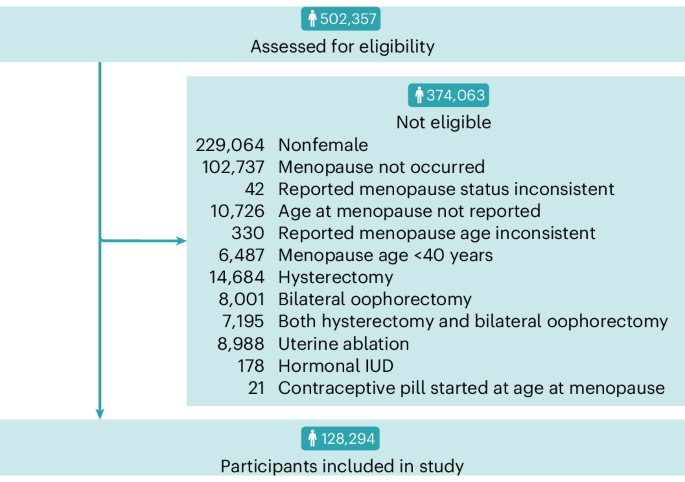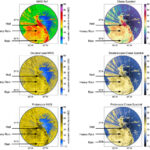2024-08-15 バース大学

Garden birds such as thrush and crows were found to harbour a variety of antimicrobial resistant bacteria in their guts.
<関連情報>
- https://www.bath.ac.uk/announcements/city-birds-found-to-be-carriers-of-antimicrobial-resistant-bacteria/
- https://www.cell.com/current-biology/abstract/S0960-9822(24)00998-9
野鳥のマイクロバイオームにおいて、人間に近いことが抗菌剤耐性腸内病原体と関連している Proximity to humans is associated with antimicrobial-resistant enteric pathogens in wild bird microbiomes
Evangelos Mourkas,José O. Valdebenito,Hannah Marsh,…,Ben Pascoe,Jonas Waldenström,Samuel K. Sheppard
Current Biology Published:August 13, 2024
DOI:https://doi.org/10.1016/j.cub.2024.07.059
Highlights
- Campylobacter jejuni genomes from 30 bird species in eight countries
- A generalized linear model comparing host behavioral and ecological traits
- Proximity to humans promotes zoonotic transfer of antimicrobial-resistant strains
- Wild birds from urban areas harbor more C. jejuni genotypes and AMR genes
Summary
Humans are radically altering global ecology, and one of the most apparent human-induced effects is urbanization, where high-density human habitats disrupt long-established ecotones. Changes to these transitional areas between organisms, especially enhanced contact among humans and wild animals, provide new opportunities for the spread of zoonotic pathogens. This poses a serious threat to global public health, but little is known about how habitat disruption impacts cross-species pathogen spread. Here, we investigated variation in the zoonotic enteric pathogen Campylobacter jejuni. The ubiquity of C. jejuni in wild bird gut microbiomes makes it an ideal organism for understanding how host behavior and ecology influence pathogen transition and spread. We analyzed 700 C. jejuni isolate genomes from 30 bird species in eight countries using a scalable generalized linear model approach. Comparing multiple behavioral and ecological traits showed that proximity to human habitation promotes lineage diversity and is associated with antimicrobial-resistant (AMR) strains in natural populations. Specifically, wild birds from urban areas harbored up to three times more C. jejuni genotypes and AMR genes. This study provides novel methodology and much-needed quantitative evidence linking urbanization to gene pool spread and zoonoses.


